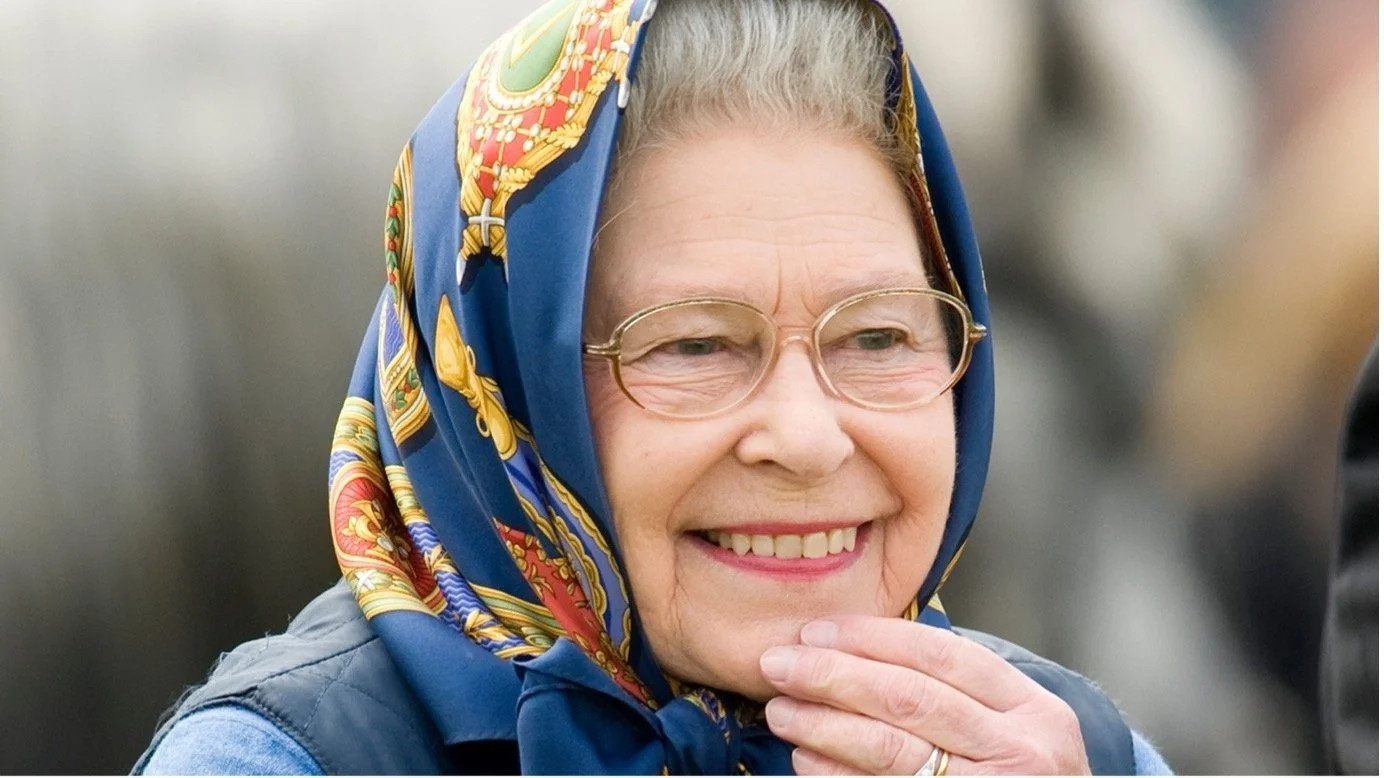Elizabeth: A Portrait in Part(s)
Roger Michell’s final work is an unusual celebration of the Queen on the occasion of her platinum jubilee.
When The Duke received its delayed release it was not infrequently described as the last film of the late Roger Michell but, while it would have made a fitting close to his career, in point of fact he had gone on to make this documentary feature. It was not something that he was persuaded to do but a concept that he promoted himself. He explained to the producer Kevin Loader that he saw it as a perfect project in a time of lockdowns since it would consist entirely of archive footage. He went on to describe his proposed film about Elizabeth II as a celebration but without judgement or voice-over or talking heads or commentary. And that, indeed, is what he has given us, but does it amount to anything worthwhile?
Michell’s own view of the Queen was that she is somebody instantly recognisable and yet elusive and perpetually unknowable. It follows that he did not set out with any idea of his film being revelatory and, in the absence of any new footage and of any comments on the old, it is difficult to see what purpose the film has. Portraying a life of service, it avoids being adulatory or harshly critical as it reminds us of the Queen’s life from childhood onwards but not in chronological order. Jumping around in time (the date of the material rarely stated which may well confuse younger viewers), it throws bits and pieces together under a series of headings ranging from ‘Ma’am’ to ‘Mummy’. In the background albeit out of date order is evidence of the changing times during Queen Elizabeth’s reign, but this can be more odd than meaningful. Thus, under the heading ‘Celebration’ we not unexpectedly find shots of the Silver Jubilee in 1977 but also an image or two of National Front marchers.
What Michell gives us can be conveniently exemplified by considering the segment entitled ‘Close-up’. Since the Queen is unable to express personal opinions in public, Michell feels that this renders her as enigmatic as the Mona Lisa. Cue therefore TV footage of an arts programme about that painting, but cue too Nat ‘King’ Cole singing ‘Mona Lisa’ on the soundtrack. Then throw in a reference to The Crown on Netflix which everyone will understand and, in contrast to that, a glimpse of Claude Rains as Caesar in the 1945 film Caesar and Cleopatra. The bizarre nature of the mix is mildly diverting but nothing more than that.
It can certainly be said that much research has gone into the preparation of the film both in finding footage long forgotten (the best being of rarely seen intimate moments) and in discovering songs to feature on the soundtrack. Two songs are very adroitly chosen. A sequence of the Queen visiting factories and attending workplaces when new technology is being introduced is aptly accompanied by a little-known comic song by Gracie Fields. Then, when it comes to the bond between Elizabeth and Philip (the heading for this section is ‘Love Story’), it is rightly recognised that a standard romantic song would be less than wholly apt. In the event selecting George Formby singing ‘Leaning on a Lamppost’ is unexpectedly perfect.
Another neat sequence comes at the close when a montage of the Queen having to shake hands, itself a symbol of a life of duties, moves backwards in time to end with her doing this as a very young child. But, if that is an apt final scene, Michell then ends on the wrong note with additional footage after the final credits in which the National Anthem is manhandled. However, film buffs may well relish the many feature clips incorporated. These extend from Eisenstein’s October to Disney's Peter Pan while Noël Coward is featured in more ways than one. This includes giving the title of one of his songs to one of the many segments in the film: ‘Don't Let's Be Beastly to the Germans’. But it was a lyric from another Coward piece that came to my mind when watching this film: when Kevin Loader received the proposal to make it he should in my opinion have replied "How can I make it clear that this is not a good idea".
MANSEL STIMPSON
Featuring Archive material of Queen Elizabeth II.
Dir Roger Michell, Pro Kevin Loader, Ed Joanna Crickmay, Music George Fenton.
Free Range Films/Ingenious Media/Riba Films-Signature Entertainment.
89 mins. UK. 2022. UK Rel: 27 May 2022. Cert. 12.


